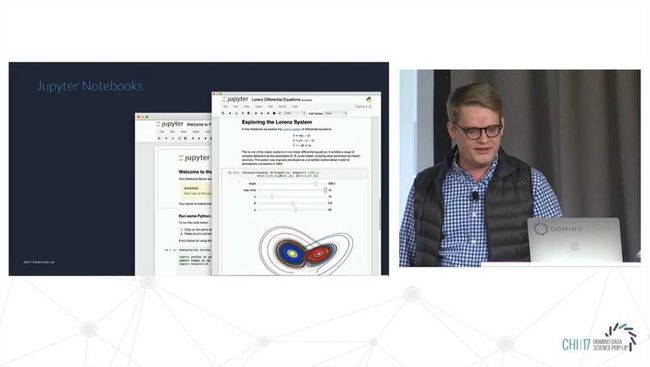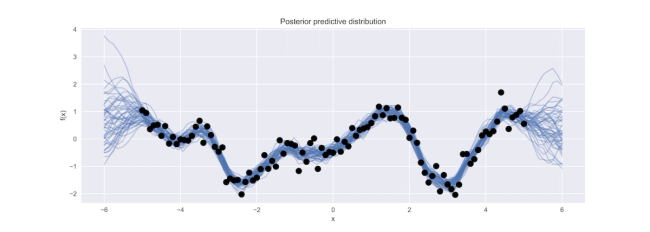Subject archive for "code," page 10

Reproducible Machine Learning with Jupyter and Quilt
Reproducible machine learning with Jupyter and Quilt
By Aneesh Karve5 min read

Reproducible Dashboards and Other Great Things to do with Jupyter
Mac Rogers, Research Engineer at Domino, presented best practices for creating Jupyter dashboards at a recent Domino Data Science Pop-Up.
By Domino26 min read

Taking the Course: Practical Deep Learning for Coders
This blog post describes the content, value, and experience of taking Lesson 1 of the Practical Deep Learning for Coders course. The post also includes the lesson video.
By Lisa Green3 min read

Multicore Data Science with R and Python
This post shows a number of different package and approaches for leveraging parallel processing with R and Python.
By Eduardo Ariño de la Rubia16 min read

Fitting Gaussian Process Models in Python
A common applied statistics task involves building regression models to characterize non-linear relationships between variables. It is possible to fit such models by assuming a particular non-linear functional form, such as a sinusoidal, exponential, or polynomial function, to describe one variable's response to the variation in another. Unless this relationship is obvious from the outset, however, it involves possibly extensive model selection procedures to ensure the most appropriate model is retained. Alternatively, a non-parametric approach can be adopted by defining a set of knots across the variable space and use a spline or kernel regression to describe arbitrary non-linear relationships. However, knot layout procedures are somewhat ad hoc and can also involve variable selection. A third alternative is to adopt a Bayesian non-parametric strategy, and directly model the unknown underlying function. For this, we can employ Gaussian process models.
By Chris Fonnesbeck27 min read

Using Monte Carlo Simulations in R to Test Methodological Advances in Social Policy Research
This is a guest post written by Kristin Porter, Senior Research Associate at MDRC. MDRC is a nonprofit, nonpartisan education and social policy research organization dedicated to learning what works to improve programs and policies that affect the poor.
By Kristin Porter7 min read
Subscribe to the Domino Newsletter
Receive data science tips and tutorials from leading Data Science leaders, right to your inbox.
By submitting this form you agree to receive communications from Domino related to products and services in accordance with Domino's privacy policy and may opt-out at anytime.